SAFERVETS® POLICIES ARE:
- Easy to follow and simple to read
- Current, correct and up-to-date
- Researched extensively
- Focussed on a single hazard (see list below)
- Set out under the following sections
- What is the hazard?
- What are the potential risks to our health?
- Employer responsibilities
- Safe work procedures (the steps required to stay safe)
- And contain additional information about Personal Protective Equipment (PPE), record keeping, incident reporting and recommended reading material for those that like to know more
SAFERVETS® RESEARCH
SAFERVETS® researches widely (so you don’t have to!) to ensure all our information and advice is up-to-date and correct, using the following sources:
- Australian government safety legislation (WorkSafe, SafeWork)
- Advice from WHO, CDC, NIOSH
- Guidelines provided by professional associations and registration boards
- Vet- industry standards, published research and best practice
- Input from industry experts, such as anaesthetic specialists, radiation scientists, environmental waste scientists and more…
WHAT ARE THE SAFERVETS® TOPICS?
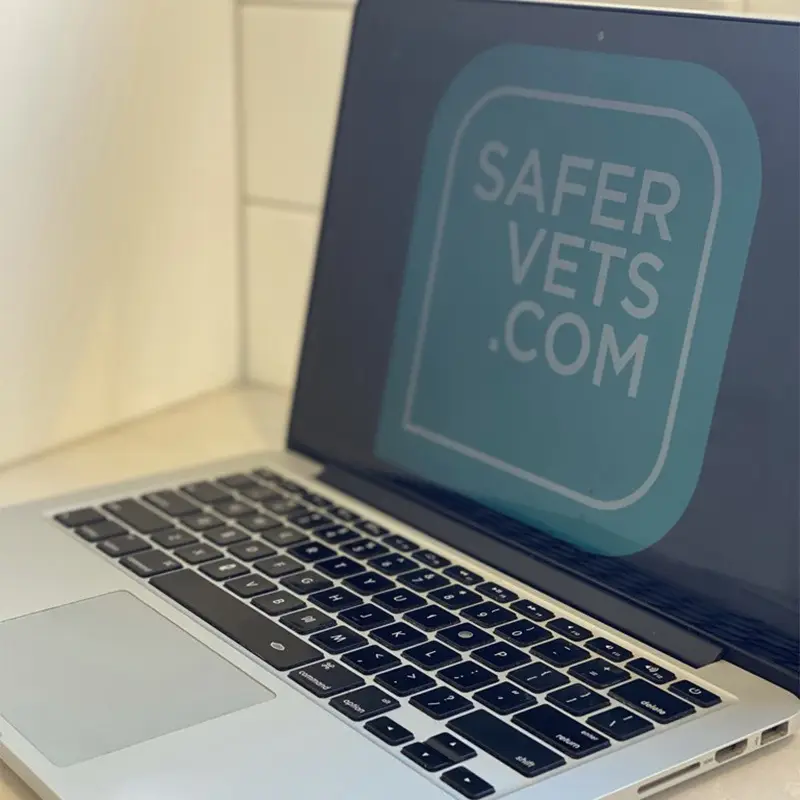
Contractors
How to induct contractors quickly and easily and ensure they remain safe on site? How to let them know about hazards that exist such as animals, radiation, chemicals, zoonotic diseases, in a succinct and thorough way so that they can get on with their job?
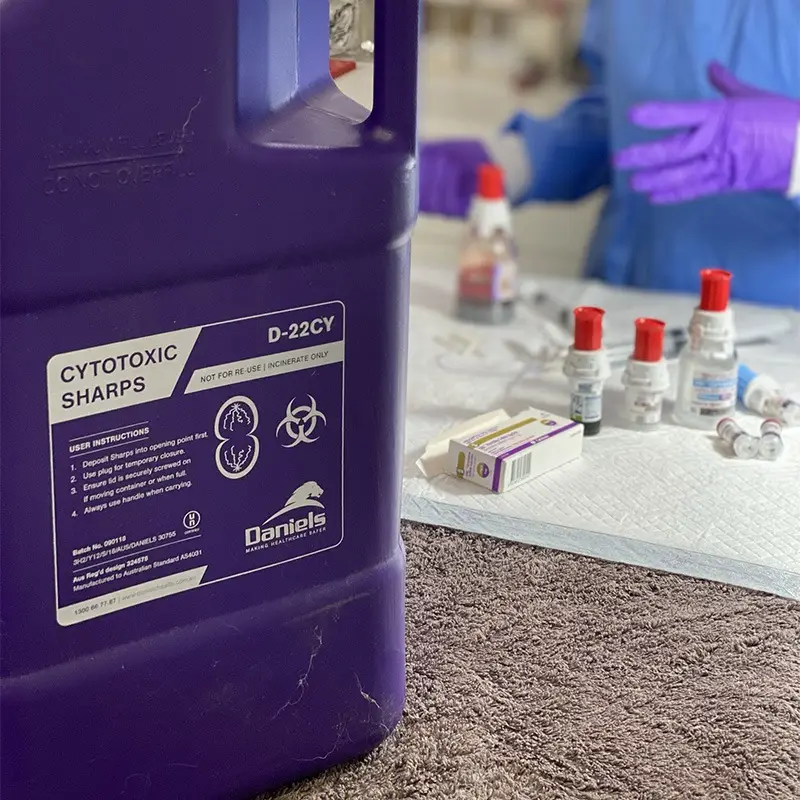
Cytotoxic Drugs
Which veterinary cytotoxic drugs do we use, how should we store, handle and dispense cytotoxic drugs safely, what waste bin to use, other legislated obligations e.g. cyclophosphamide in NSW.

Dentistry – Horses
What are the risks and what can go wrong? What equipment do you need to remain safe? How should the horse’s head be restrained to allow you to work safely?
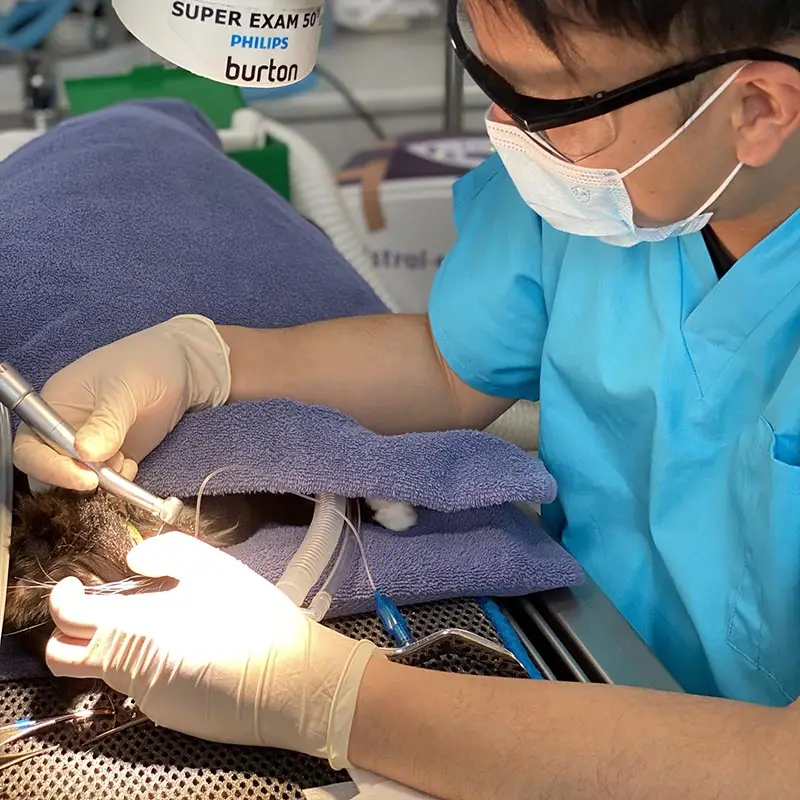
Dentistry – Small Animal
What are the risks and what can go wrong? Is eye protection really necessary? How to minimise the risk of a sore back after a long dental and more…
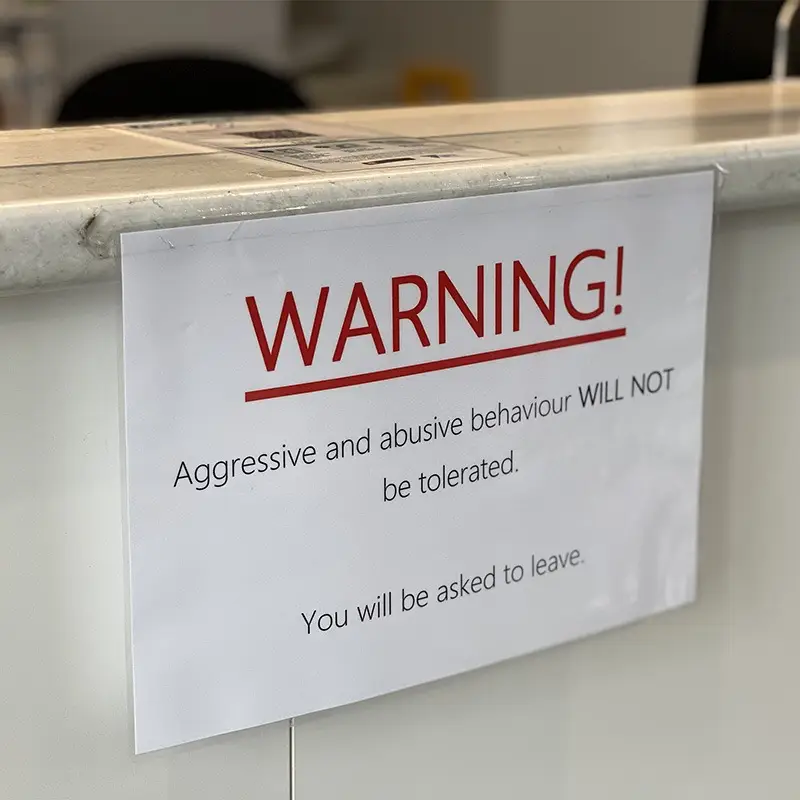
Difficult Clients
We can’t avoid the bad ones, so how do we deal with them? The common complaints from clients, how to deal with tricky clients, what to do if they become aggressive or violent, when might a client may get ‘fired’ (and how to do it).
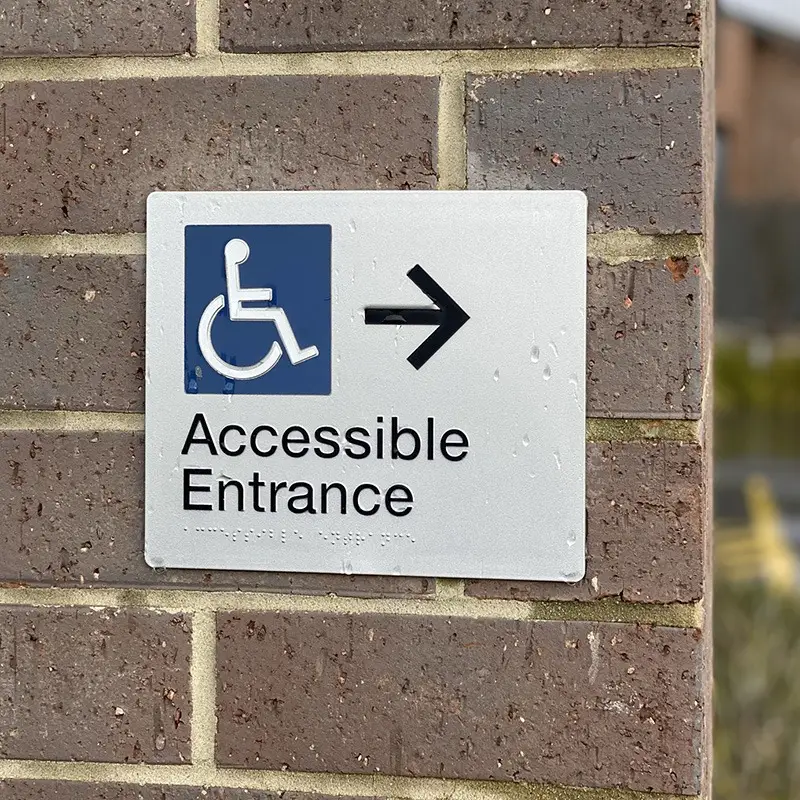
Discrimination
What is considered discrimination and what are the ‘protected attributes’? What legislation do we need to adhere to and how? What is considered discrimination and are we doing it without realising it? What if I witness discrimination, what should I do?
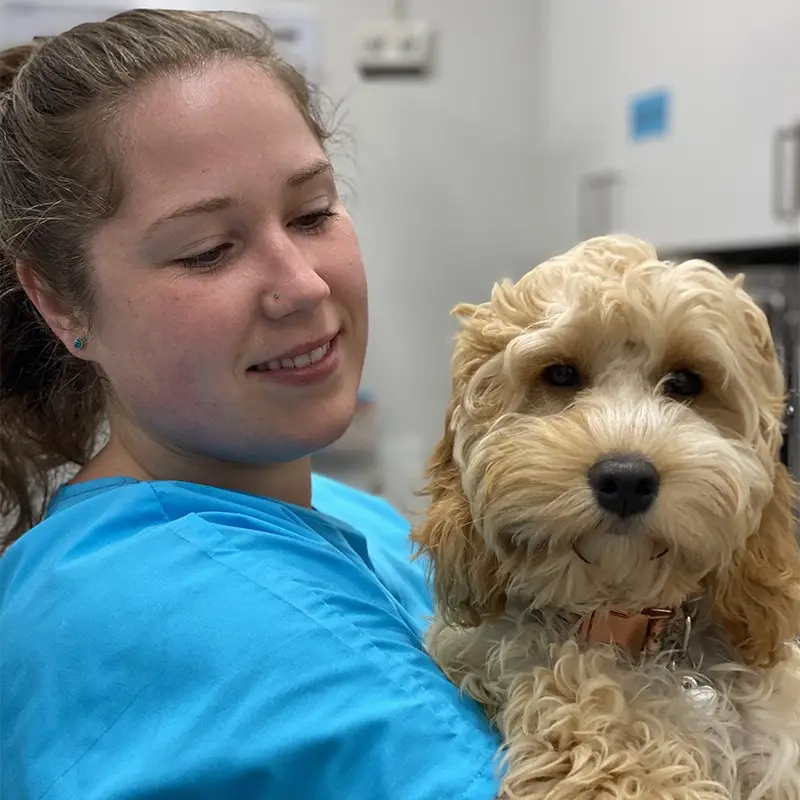
Dogs
What is the best way handle dogs safely? Includes what PPE to use and when, how to best interpret dog behaviour to remain safe around them and what can happen when things go wrong?
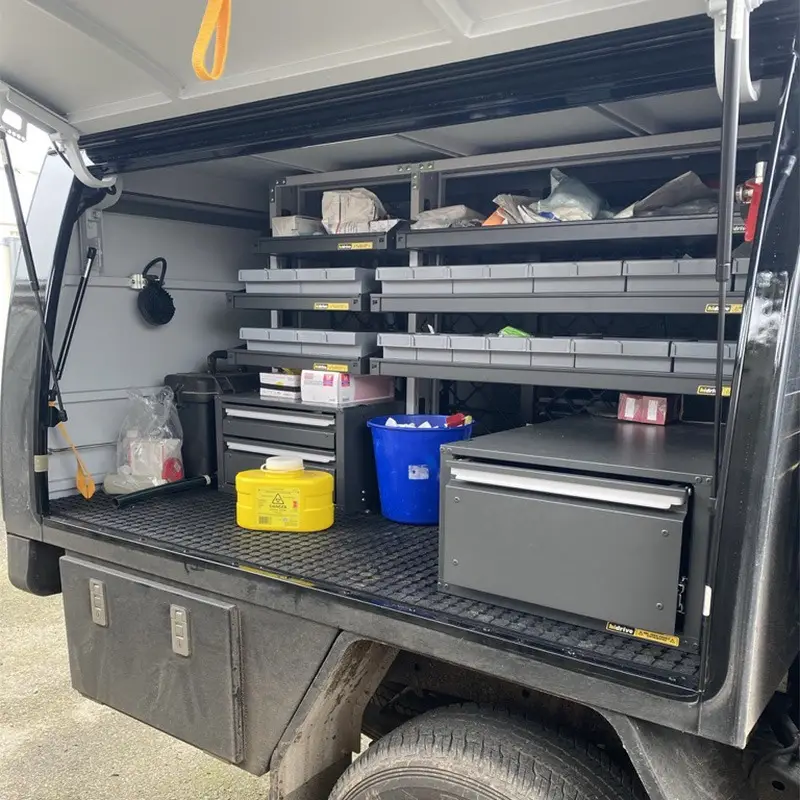
Driving
Do your staff use vehicles to attend to farm or home visits, or do the banking? What safety features should the vehicle have, and what to look for when purchasing a new one to maximise driver safety? What safety equipment should you put in the work vehicles? What about long trips or if an accident happens?
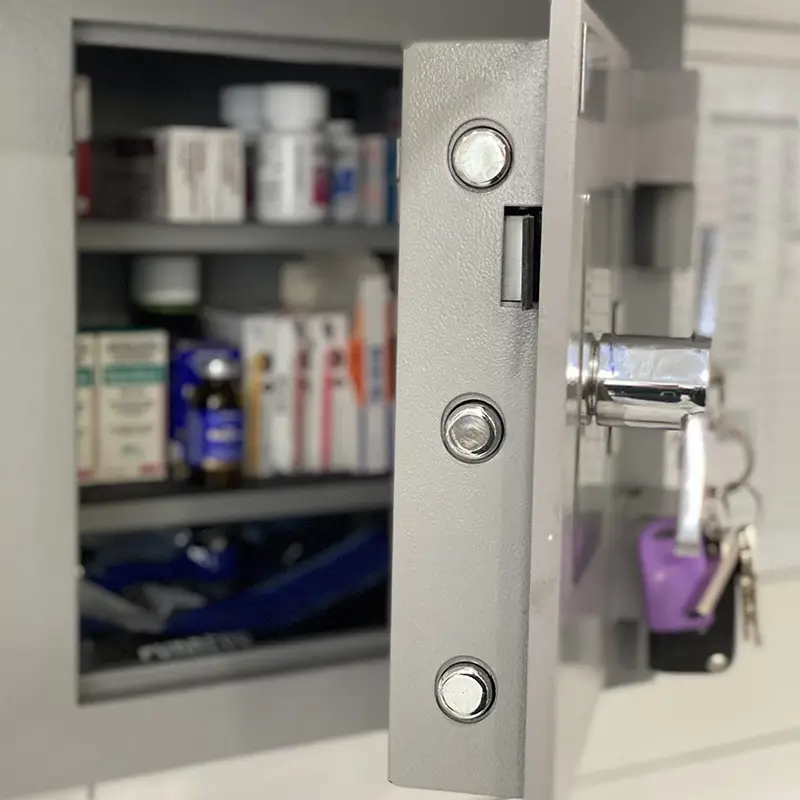
Drugs + Alcohol
What are some of the drugs that may be used or abused (including vet prescription drugs and S8s)?, why might this happen and what we can do about it; education for everyone on what drug and alcohol misuse or abuse might mean for team safety and what to do if this is occurring
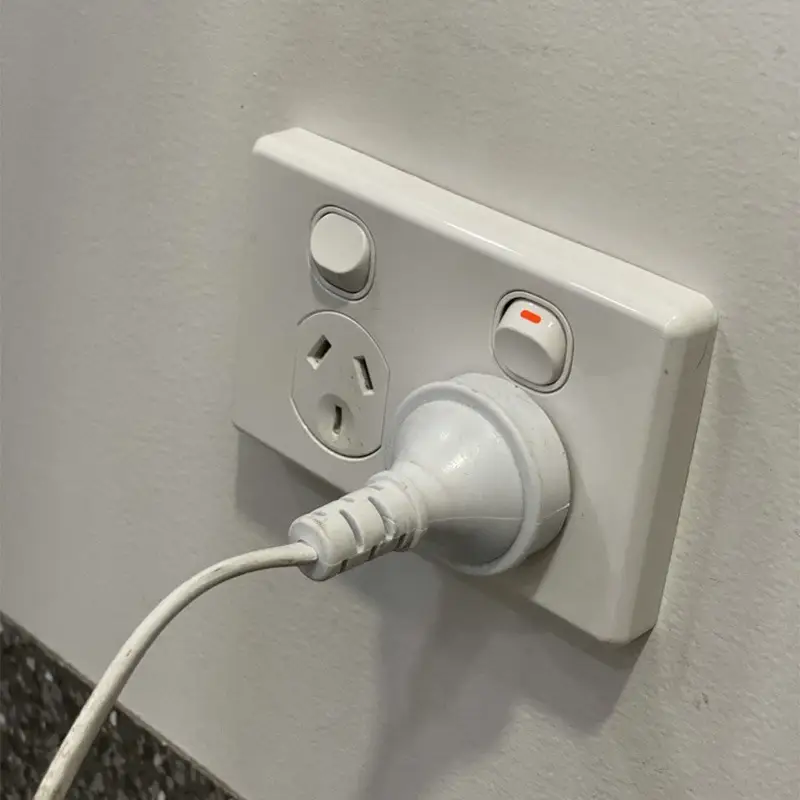
Electricity
How to manage electrical safety in the veterinary setting; the relevant high risk situations; and how to work safely with electricity and animals, including on farms.
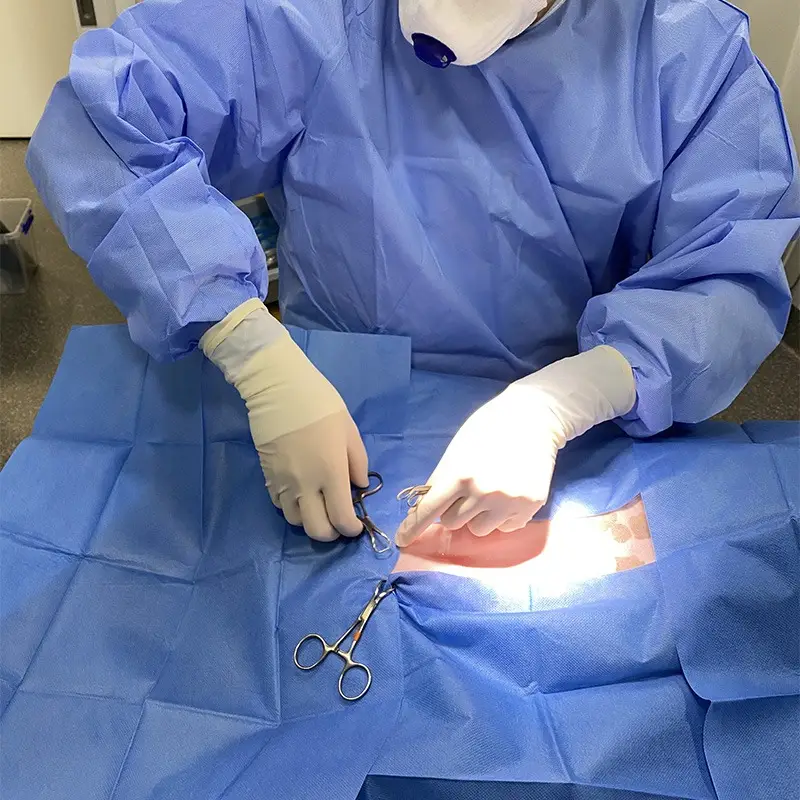
Electrocautery
How do we work safely with electrocautery during surgery? What can go wrong? What about the smoke they generate, is it safe?
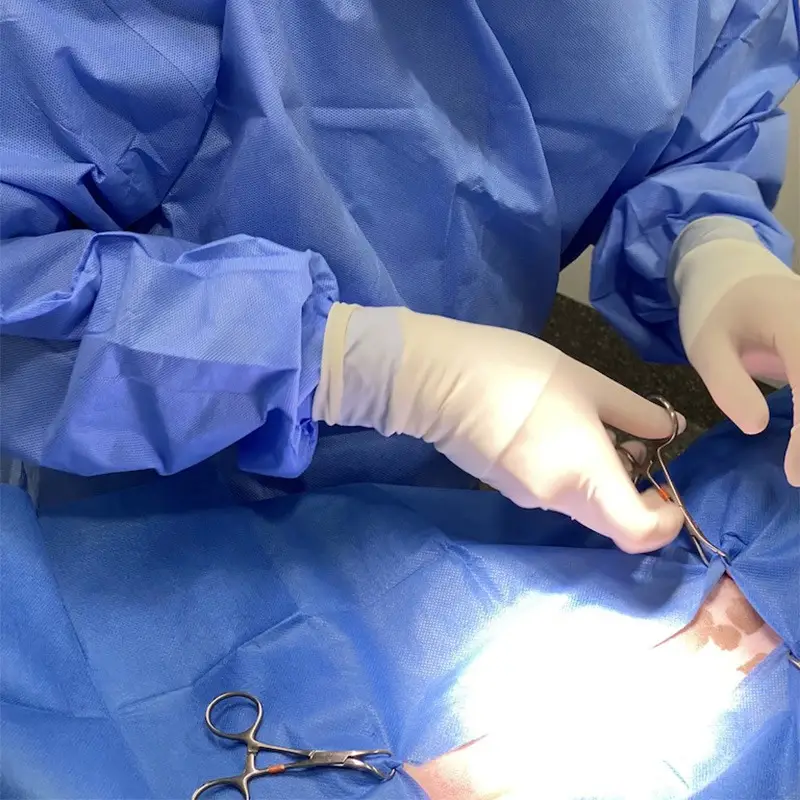
Electrosurgery
How do we work safely with electrical currents during surgery? Includes correct set up and situations to avoid, as well as tips on keeping safe from the smoke generated.

Ethylene Oxide
If you use ethylene oxide to sterilise surgical equipment, what special safety measures need to be taken? What happens if something goes wrong? How do we protect ourselves against exposure to ethylene oxide?
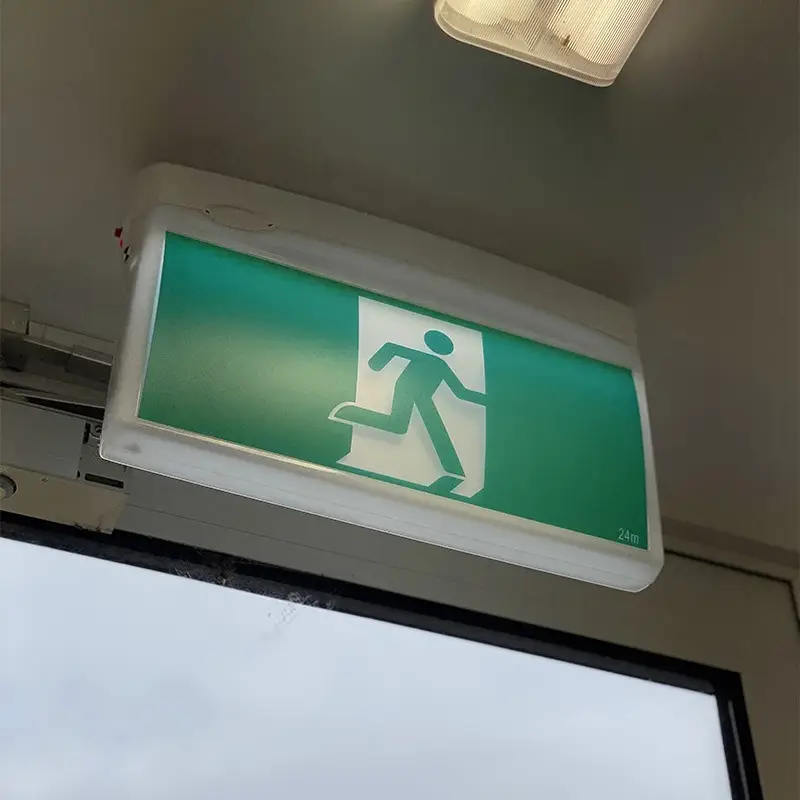
Evacuation & Emergency
What to do in an emergency? How do we care for the animals during an evacuation? Who’s in charge during a veterinary emergency or evacuation? What might necessitate an evacuation?

Fatigue
What is fatigue, and is it the same as feeling tired? How does it link to burnout? What can employers do to reduce the risk of fatigue and burnout and what can staff do to help themselves?
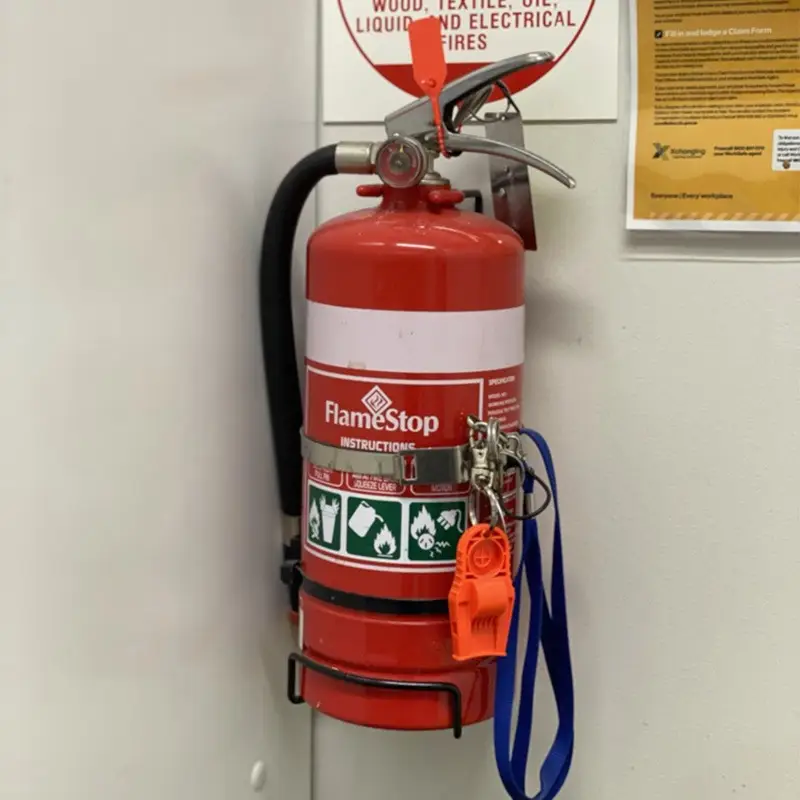
Fire
What can cause a fire in a vet clinic? What equipment do we need and how do we maintain it? How do we get animals, clients and staff out safely in the event of a fire?